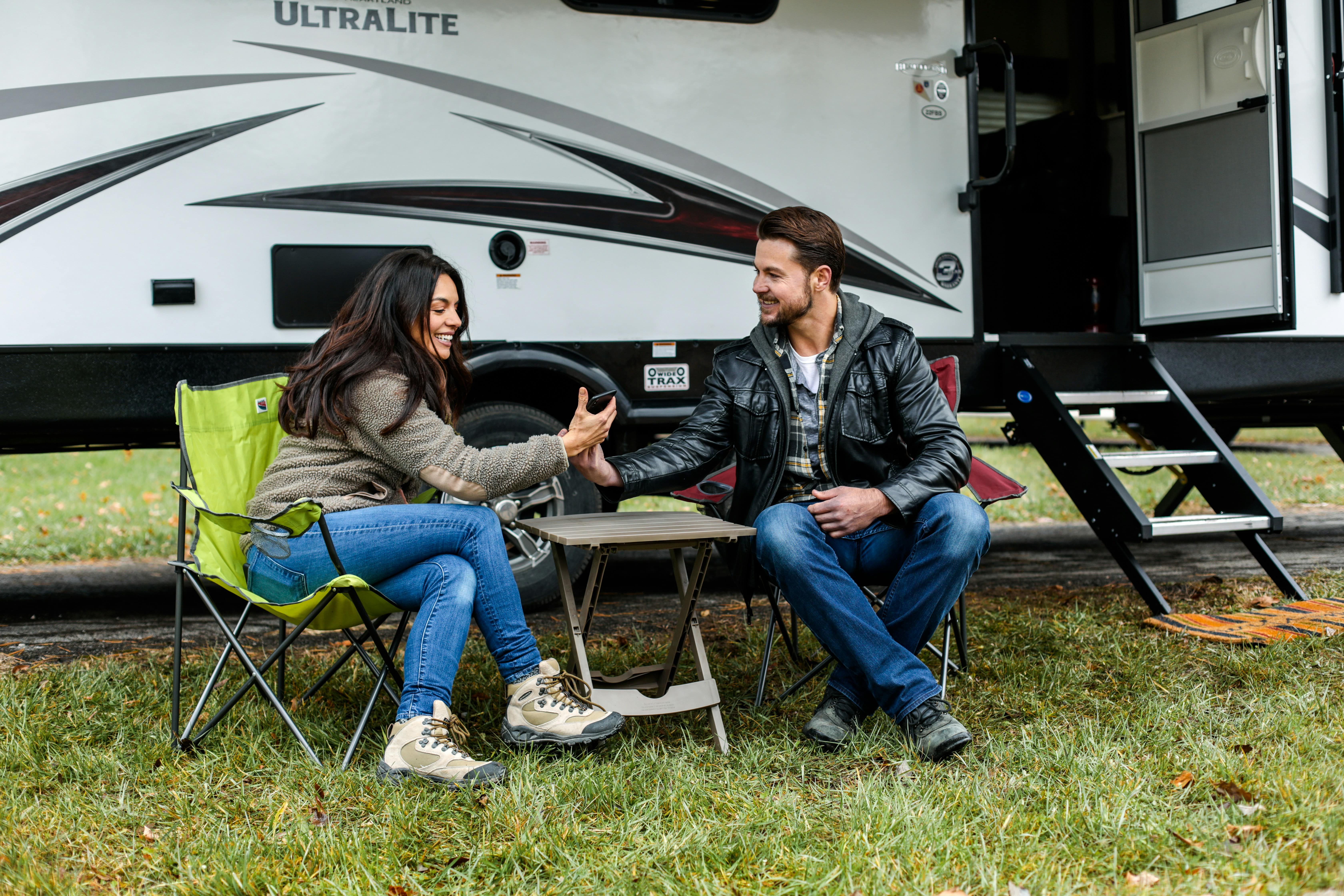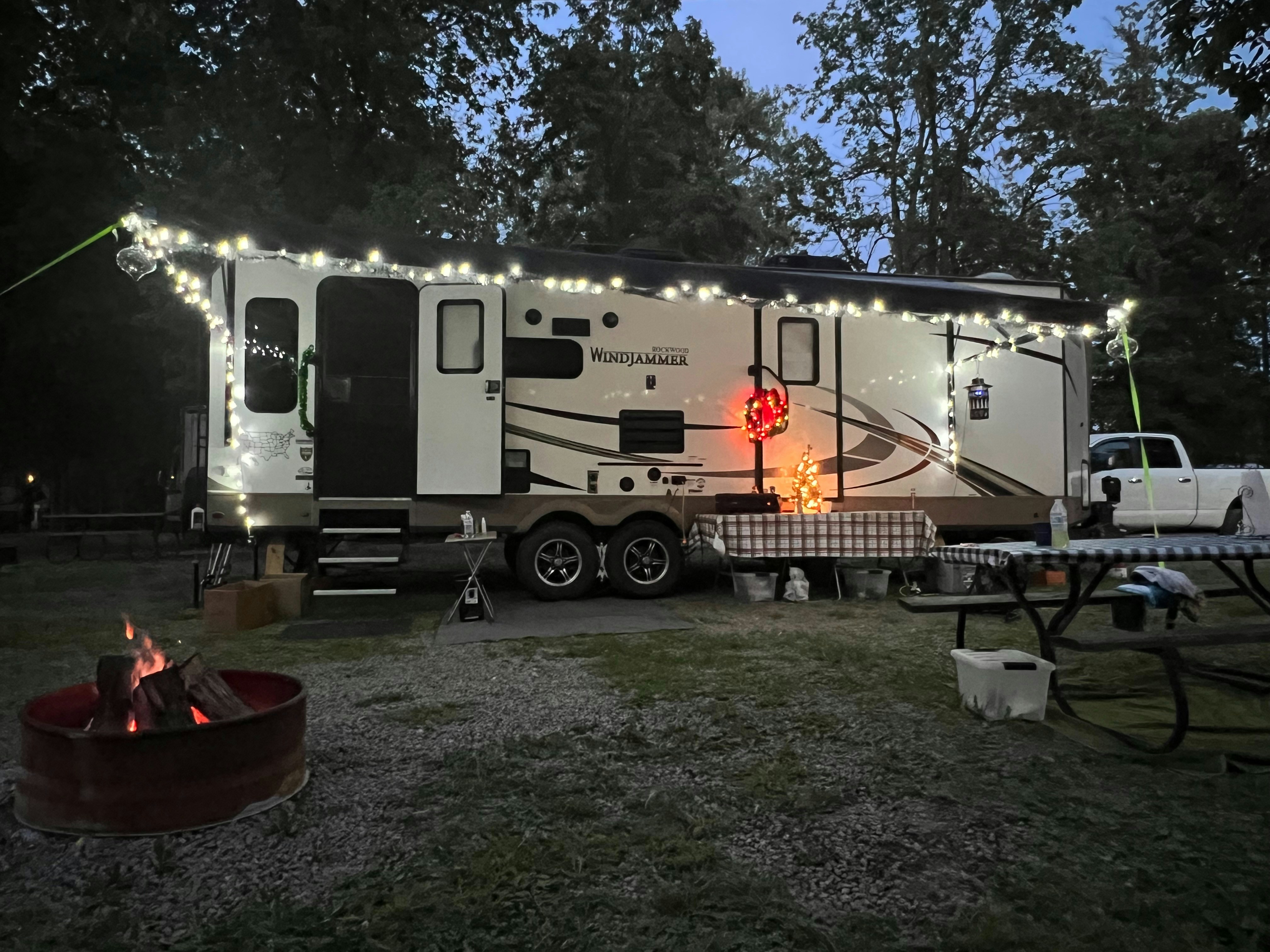Learn what to know about RV insurance requirements before your next camping trip. Get the facts on coverage, costs, and state laws for RV owners.

Picture this: You just bought your dream RV and you are ready to hit the road for that long-awaited camping trip. But wait – did you remember to get insurance? If you just felt a little knot in your stomach, you are not alone. Understanding what to know about RV insurance requirements can feel like trying to solve a puzzle with missing pieces.
The good news? Once you understand the basics, RV insurance becomes much less mysterious. Think of it like learning to ride a bike – confusing at first, but second nature once you get the hang of it. So grab a cup of coffee, get comfortable, and let us break down everything you need to know about protecting your home on wheels.
Do You Really Need RV Insurance?
Here is the short answer: yes, you probably do. But the long answer depends on several factors. If your RV has a motor (like a Class A, B, or C motorhome), most states require you to have liability insurance, just like with your car. It makes sense when you think about it – you are driving a vehicle that can weigh as much as a school bus!
For towable RVs like travel trailers and fifth wheels, the rules get a bit more relaxed. Some states require insurance when you are towing them on public roads, while others do not. But here is the thing – just because something is not required does not mean it is not smart. Your RV is probably one of your bigger investments, right up there with your house and car.
Even if you plan to park your RV at one of those lovely seasonal RV sites for months at a time, insurance still matters. Mother Nature does not care if your RV is moving or sitting still when she decides to send a storm your way.
Types of Coverage You Should Consider
Understanding what to know about RV insurance requirements means knowing your coverage options. Think of insurance coverage like a sandwich – you can build it however you want, but some ingredients are more important than others.
Liability Coverage is your bread and butter. It covers damage or injuries you might cause to others while driving your RV. Most states set minimum amounts you must carry, but those minimums are often barely enough to cover a fender bender, let alone a serious accident.
Collision Coverage pays for damage to your RV if you hit something (or something hits you). Given that RVs can cost anywhere from thousands to hundreds of thousands of dollars, this coverage can save you from financial disaster.
Comprehensive Coverage is your protection against everything else – theft, vandalism, weather damage, and even hitting a deer. If you have ever seen what a hailstorm can do to an RV roof, you understand why this coverage matters.
Personal Property Coverage protects the stuff inside your RV. Your camping gear, electronics, clothes, and that fancy coffee maker all add up quickly. Standard policies might not cover much, so you may need to increase this limit.
State-by-State Requirements
Every state has its own rules about RV insurance, which can make things confusing if you travel a lot. New York, where you might stop by Willowemoc Campgrounds, requires liability insurance for all motorhomes. But cross into Pennsylvania, and the requirements might be different.
The safest approach? Get coverage that meets the highest requirements of any state you plan to visit. This way, you are always legal, no matter where your adventures take you. Most insurance companies can help you figure out what you need based on your travel plans.
Some states also have special requirements for full-time RVers. If your RV is your primary residence, you might need different coverage than weekend campers. Full-timers often need higher personal property limits and liability coverage that works more like homeowners insurance.
How Much Does RV Insurance Cost?
Nobody likes talking about money, but understanding costs is part of knowing what to know about RV insurance requirements. The price of RV insurance varies wildly based on several factors.
Your RV type and value play a huge role. A million-dollar luxury motorhome costs more to insure than a pop-up camper. Makes sense, right? Insurance companies also consider the age of your RV – newer models might cost more to repair but have better safety features.
How you use your RV matters too. Weekend warriors who take their RV to an RV site rental a few times a year pay less than full-timers who live on the road. The more you drive, the higher the risk, and the higher the premium.
Your driving record and credit score also factor in. That speeding ticket from three years ago? It might come back to haunt you. And yes, insurance companies check credit scores because studies show people with better credit tend to file fewer claims.
On average, you might pay anywhere from $500 to $2,000 per year for RV insurance. But remember – this is protection for your investment and your financial future. One accident without insurance could cost you tens of thousands of dollars.
Special Considerations for Different RV Types
Not all RVs are created equal when it comes to insurance. Class A motorhomes (those bus-sized beauties) need the most coverage because they are basically houses with engines. You will want high liability limits and probably roadside assistance too.
Travel trailers and fifth wheels might seem simpler to insure, but they have their own quirks. When you are towing, your truck insurance might provide some coverage, but usually not enough. And when your trailer is parked at the campground, your truck insurance definitely will not help if a tree falls on it.
Pop-up campers and truck campers sometimes can be added to your auto policy as an endorsement, which might save you money. But check the coverage limits carefully – that endorsement might not provide enough protection.
Money-Saving Tips
Want to lower your insurance costs? Here are some strategies that actually work. Bundle your policies – most companies give discounts if you have your car, home, and RV insurance with them. It is like buying in bulk at the grocery store.
Take an RV safety course. Many insurers offer discounts for completing approved courses. Plus, you will actually become a better, safer RV driver. Win-win!
Install safety devices like anti-theft systems and tire pressure monitoring systems. Insurance companies love anything that reduces risk. Some even give discounts for having working smoke detectors and fire extinguishers.
Consider raising your deductible if you have emergency savings. Going from a $500 to $1,000 deductible might save you hundreds per year. Just make sure you can afford that deductible if you need to file a claim.
When to Review Your Coverage
Your insurance needs change over time. Maybe you upgraded your RV, started traveling more, or added expensive equipment. Review your policy annually to make sure you are still properly covered.
Also review your coverage if you change how you use your RV. Switching from occasional camping to full-time living? Your insurance needs just changed dramatically. Planning to rent out your RV when you are not using it? That requires special coverage too.
Ready to Get Protected?
Understanding what to know about RV insurance requirements does not have to be overwhelming. Start by figuring out what your state requires, then add coverage based on your RV value and how you use it. Remember, insurance is not just about following the law – it is about protecting your investment and your peace of mind.
Ready to put your newly insured RV to good use? Come experience the beauty of the Catskills at Willowemoc Campgrounds. With sites perfect for every type of RV and amenities that make camping comfortable, we are ready to be your home away from home. Book your stay today and start making memories with confidence, knowing you are properly protected!

-min.jpg)

